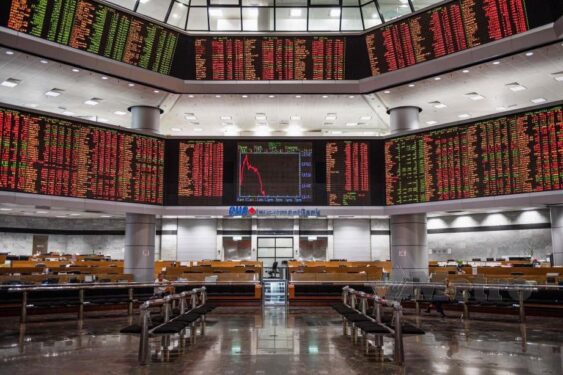The war against corruption will be given an added boost when the new Section 17A of the Malaysian Anti-Corruption Commission (MACC) Act comes into force on June 1.
The provision will see corporate entities being held responsible for the acts of corruption carried out by their employees. Together with other Acts in force, such as the Whistleblowers Act, the provision will ensure that there will be better corporate governance and accountability in the country.
Christopher Leong, former president of the Bar Council, told FocusM that the new provision was not a surprise as the government had been discussing its implementation since last year.
“The provision is consistent with other jurisdictions which have seen its implementation. It will ensure that organisations are free from corrupt practices. The efficacy of the provision is not known as it is yet to be implemented but judging from cases that have tried the provisions in other jurisdictions such as the Boeing case in the UK, it has been proven to be effective in the fight against corruption,” said Leong.
Section 17A of the MACC Act is expected to effectuate the principle of corporate liability among corporate organisations and enhance the culture of good corporate governance with strict liability.
It requires mandatory precautionary measures in place. The Act prohibits any organisation of corruption-related actions by associated persons done for the benefit of the organisation.
Section 17A(1) stipulates that a commercial organisation commits an offence if a person associated with it corruptly gives, offers or promises any gratification to any person with an intent to obtain or retain business or a business advantage for the said commercial organisation.
Meanwhile, corporate lawyer Balvinder Singh Kent, partner at Kenth Partnership, told FocusM that the new provision has far-reaching consequences for corporate entities. He said companies could not always have the knowledge of the actions of their employees, and to hold them accountable would be onerous.
“The provision is a step in the right direction in the war against graft. However, to hold companies responsible for the corrupt acts of their employees seems a little unjust as they (the employers) might not be aware of the actions of their employees.
“For example, a legal clerk who offers bribes to court officials to expedite the processing of his documents might be acting on his own, and to hold his employer responsible for such acts of corruption would seem unbecoming,” said Balvinder.
He added that the attorney-general should exercise his discretion in deciding to prosecute cases under the provision in order to avert any miscarriage of justice.
Entities who run foul of the provision also face heavy fines and imprisonment. Section 17A(2) provides that any commercial organisation that commits an offence under the section will be liable to a fine of not less than 10 times the sum or value of the gratification which is the subject matter of the offence.
If the gratification is capable of being valued or is of pecuniary nature, the fine will be RM1 mil or whichever is the higher, or to imprisonment for a term not exceeding 20 years or both. – May 22, 2020










